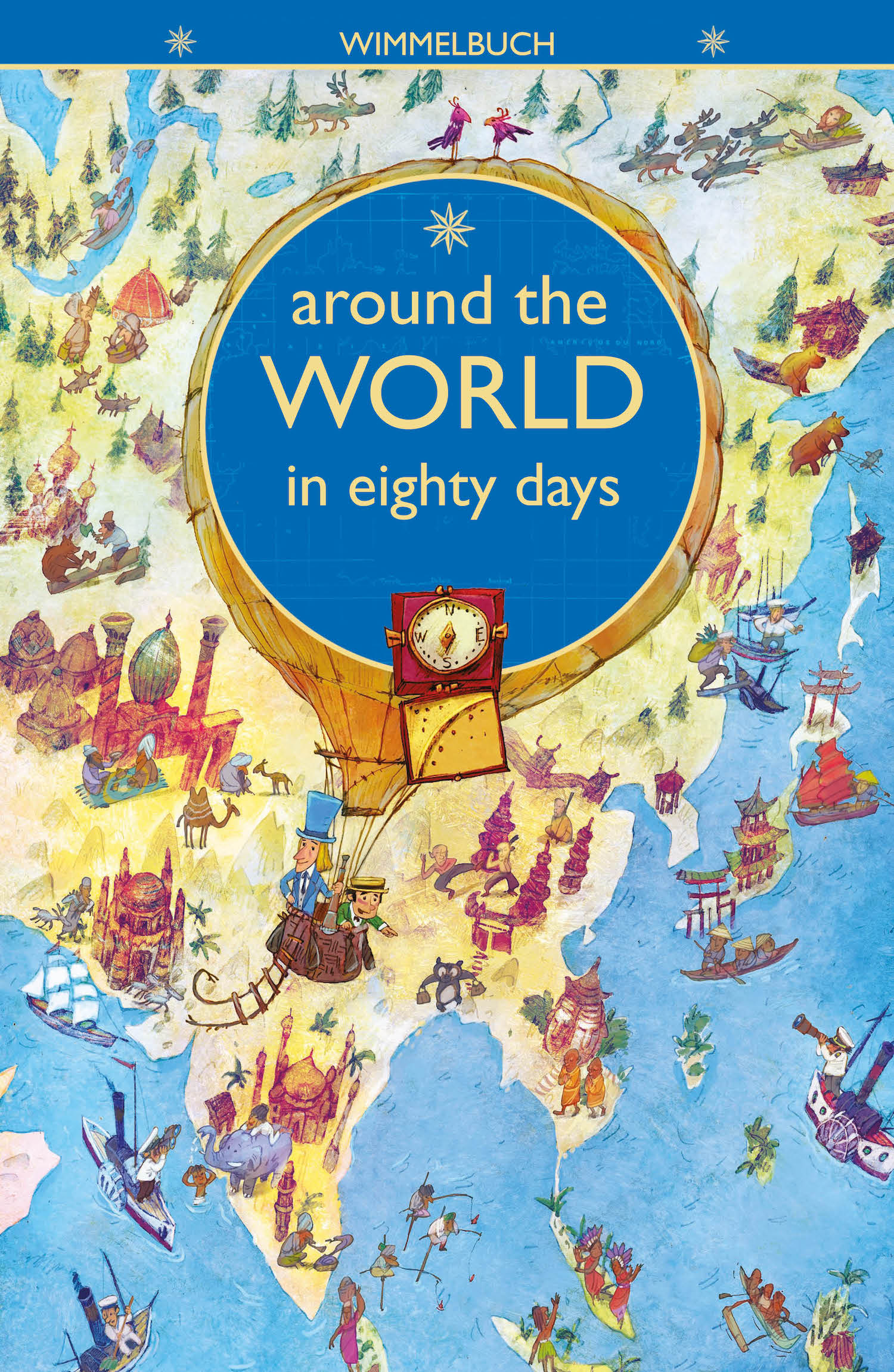
Passepartout is sent to get a vicar to arrange the wedding, only to learn that the gang forgot they gained a day due to traveling east and actually arrived early. However, Aouda inadvertently saves the day: both in love with Fogg and feeling guilty that she may have cost him his bet, she proposes to the now-ruined Phileas and he joyfully accepts.

Although Fix later lets Fogg out of jail upon realizing he made a mistake, they are apparently too late as they arrive in London. So, as Fogg begins his race, Fix follows him, unsuccessfully trying to keep his quarry stationary and initially unaware of how far he is going until it becomes more worthwhile to help Fogg complete his journey back to England where Fix can legally arrest him.Īs the gang continues their race through more adventures, it comes to a screeching halt when they reach Britain, where Fix arrests Fogg. Unfortunately, there is a bank robbery in London and although Fogg is completely innocent, his trip abroad seems too coincidental by Detective Fix's reckoning. Although Fogg tries to help her reach relatives in another safe British colony, this proves impossible and she becomes their fast companion for keeps who herself becomes more and more attracted to the dashing and intriguing Fogg. The most notable one in the first half is rescuing the beautiful Indian woman, Aouda, from being forced into a ceremonial self-immolation in India. Thus committed, Fogg begins his trip at once, bringing along his new manservant, Jean Passepartout, who ironically wanted a nice sedate job after years traveling about in various jobs such as an acrobat or fireman.Īlong the way, Fogg and Passepartout have numerous adventures as they struggle to keep to a strict schedule. In 1872 London, UK, the very proper English gentleman Phileas Fogg finds himself in a wager at his social club that he can travel around the world in eighty days, a seemingly impossible feat to Fogg's doubters.


One of the all-time great adventure novels and certainly the most famous non-science fiction one by Jules Verne.


 0 kommentar(er)
0 kommentar(er)
